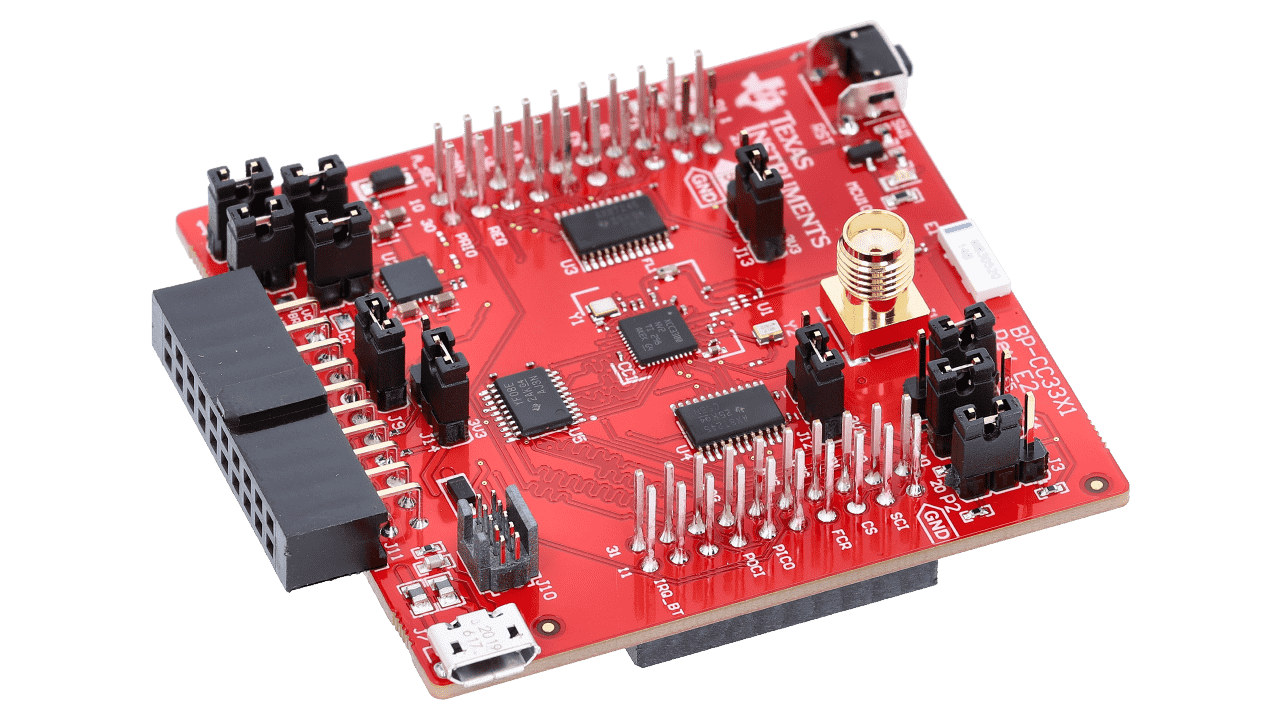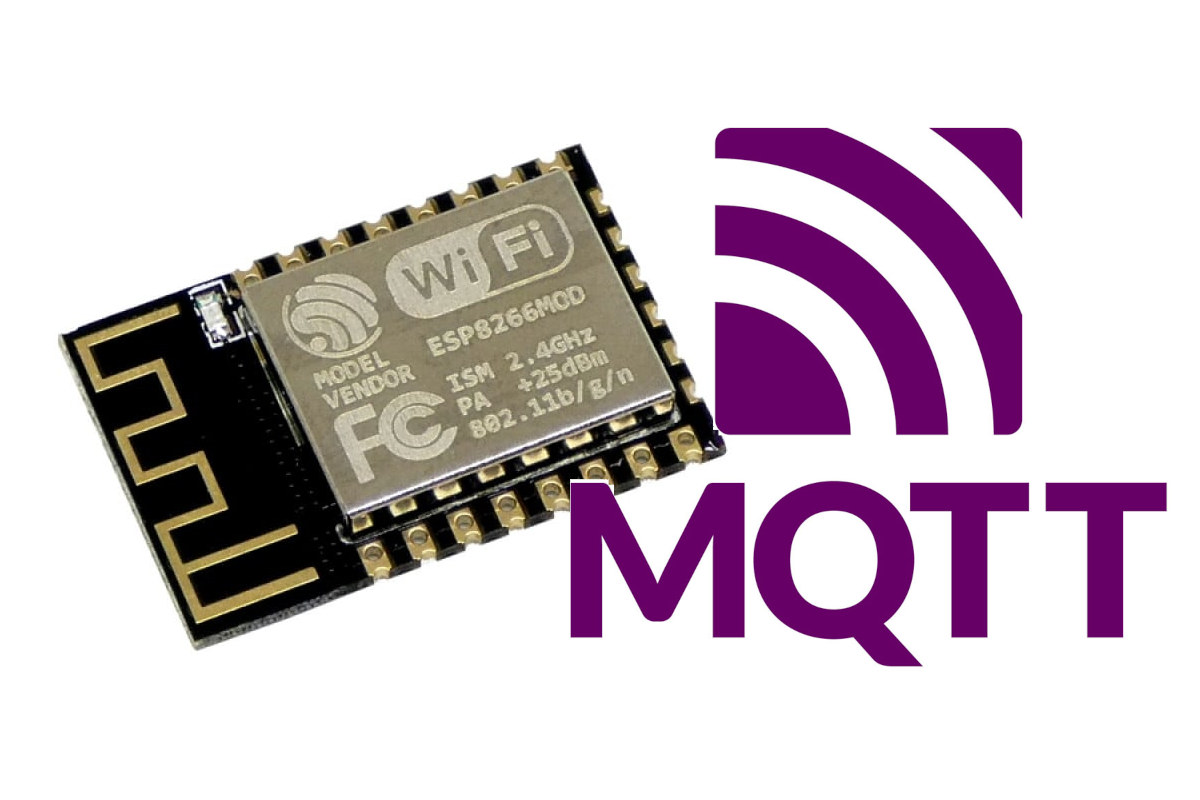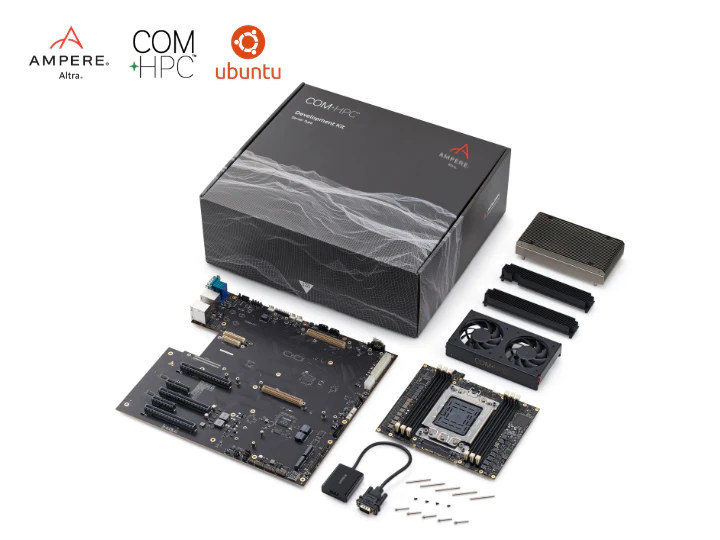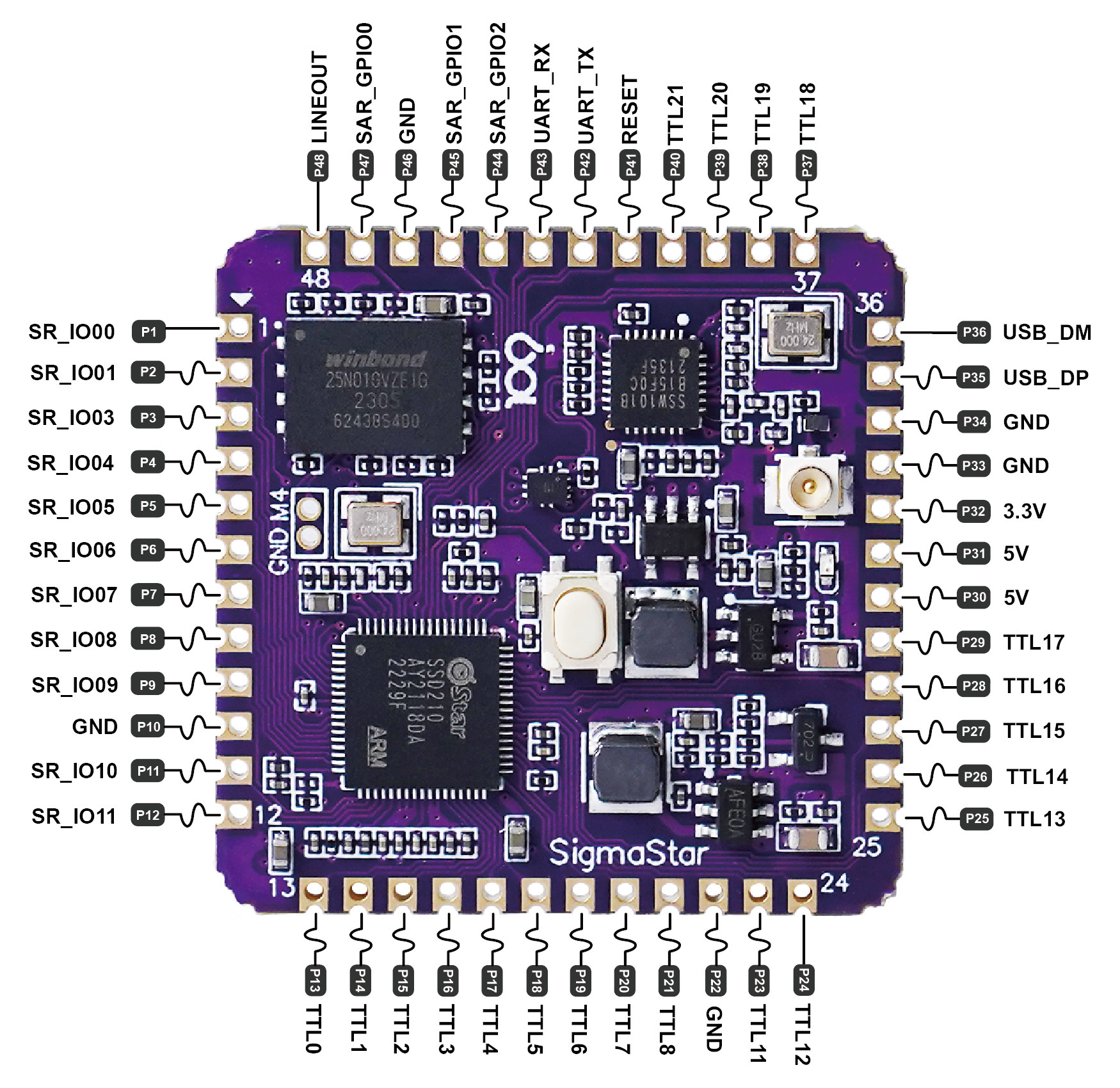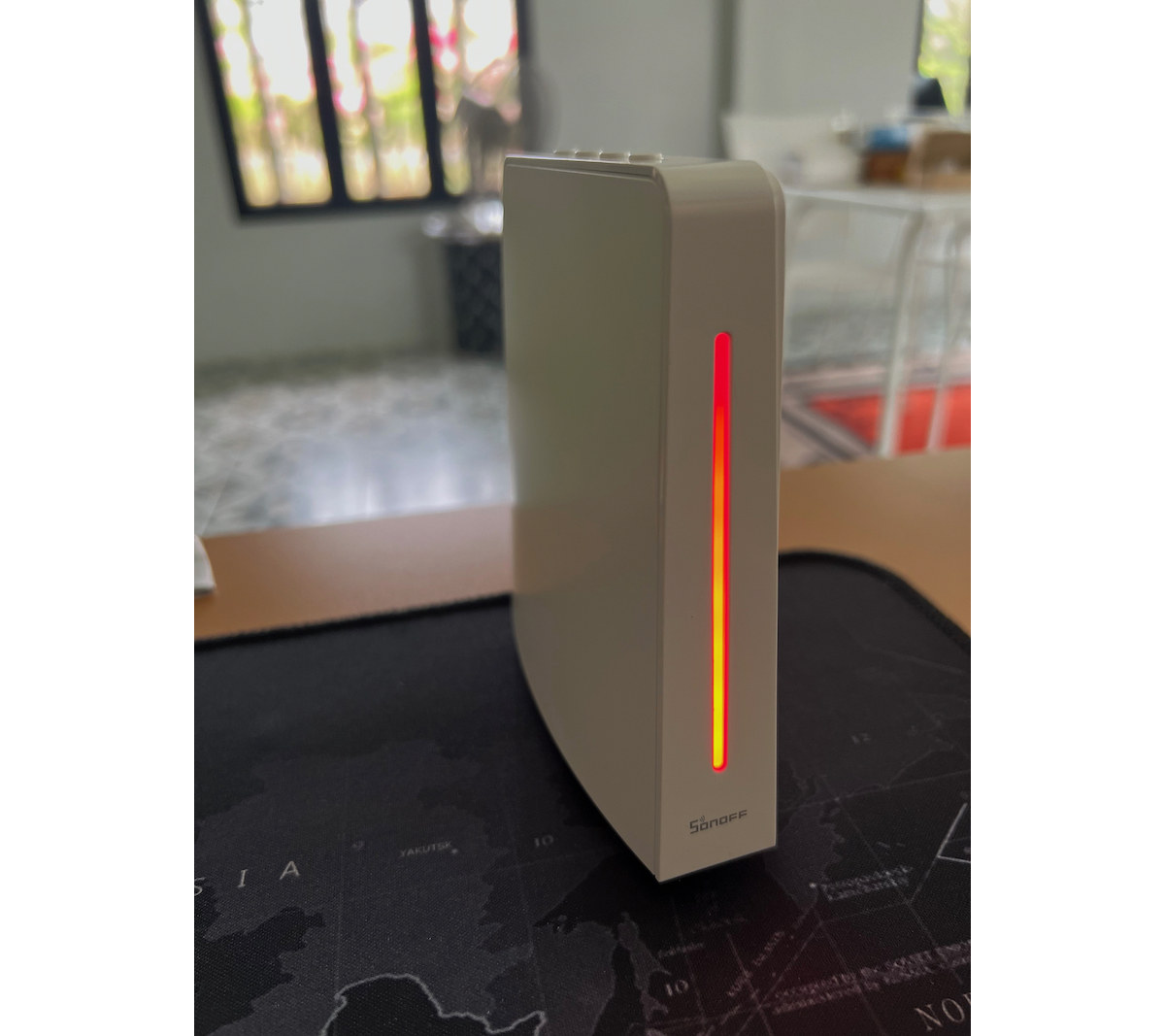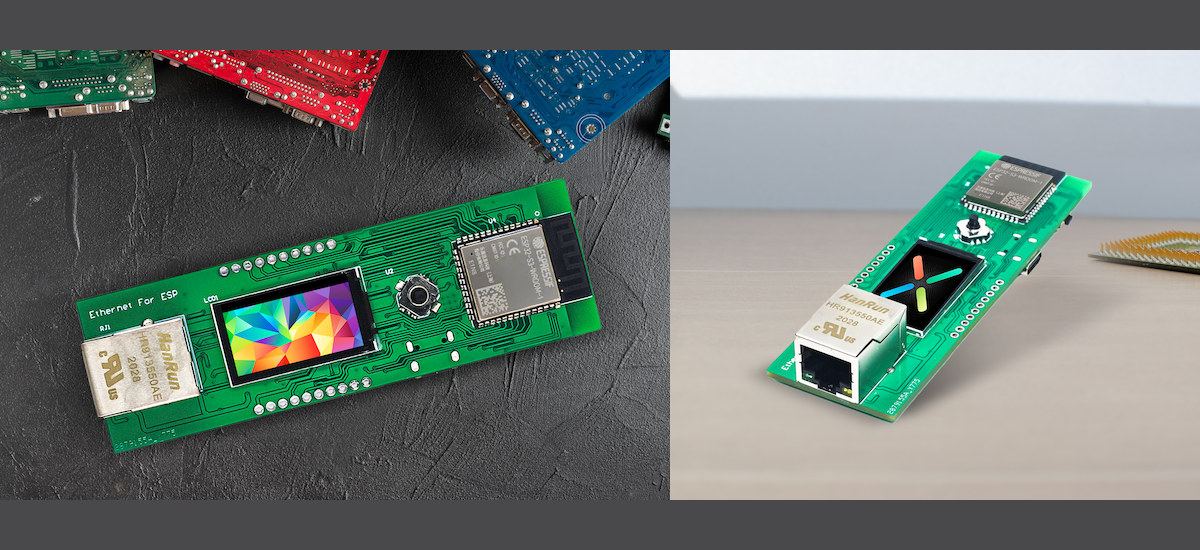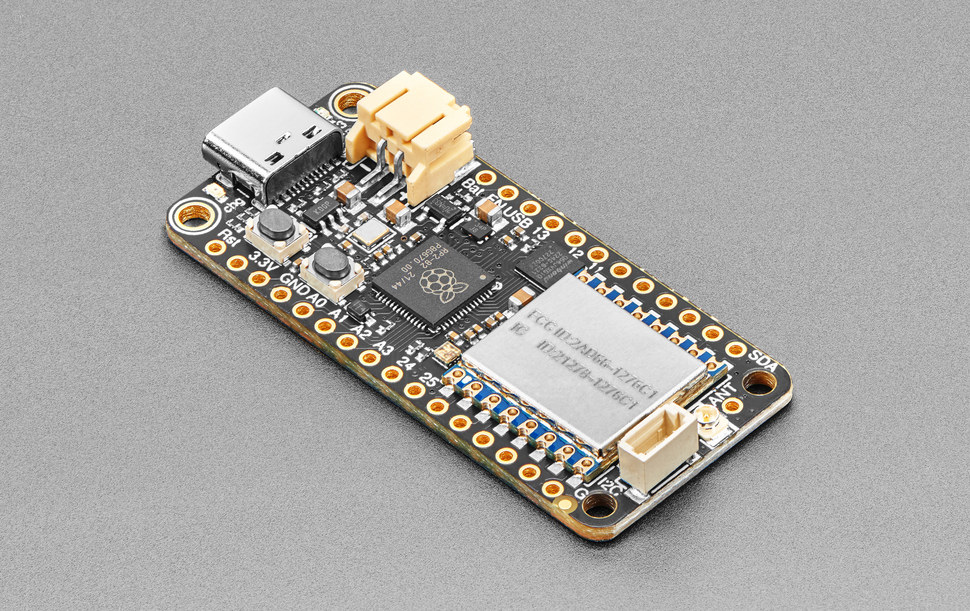Texas Instruments has unveiled the SimpleLink CC33xx family of Wi-Fi 6 companion IC with optional Bluetooth 5.3 Low Energy designed to be connected to a microcontroller (MCU) or a microprocessor (MPU) for secure and power-efficient IoT devices, The SimpleLink CC3000 supports 2.4 GHz WiFi 6, and interfaces over SDIO, SPI, and/or UART to the host system, while the SimpleLink CC3301 also adds support for Bluetooth 5.3 LE. Both chips can operate in high-temperature environments up to 105ºC. Texas Instruments CC3300/CC3301 specifications: Wireless 2.4 GHz WiFi 6 (802.11ax) up to 50 Mbps; Support for TWT and OFDMA, multirole (Access Point and Station) CC3301 only – Bluetooth 5.3 Low Energy up to 2 Mbps WiFi and Bluetooth COEX Host interface – 4-bit SDIO or SPI, and UART to external MCU or MPU Security – FW authentication and anti-rollback protection, WPA2/WPA3, Secured host interface Pacakge – 40-pin QFN package (5×5 mm) Temperature range […]
PicoMQTT – An MQTT Client/Broker library for ESP8266 and ESP32
PicoMQTT is a lightweight MQTT library for Arduino/PlatformIO optimized for ESP8266 and ESP32. It not only supports the MQTT Client mode like most existing solutions but also the MQTT Broker mode which transforms an ESP8266 or ESP32 board into an MQTT gateway replacing a Raspberry Pi board or an IoT gateway typically used for this task.
The library follows MQTT 3.1.1 specification, supports the publishing and consuming of arbitrary-sized messages, can deliver thousands of messages per second, and supports easy integration with the ArduinoJson library to publish and consume JSON messages.
ADLINK Ampere Altra Dev Kit features ATX motherboard with 32 to 80-core Arm COM-HPC CPU module
ADLINK Ampere Altra Dev Kit is an “IoT prototyping kit” based on an ATX motherboard fitted with a COM-HPC-ALT Server Type Size E module powered by an Ampere Altra 32, 64, or 80-core Arm Neoverse N1 server processor, and supporting up to 768GB DDR4 memory. It’s basically the same hardware as found in the Ampere Altra Developer Platform (AADP), but without the tower and power supply, nor optional features like liquid cooling or 10GbE interfaces. Ampere Altra Dev Kit (AADK) specifications and content: Computer-on-Module – COM-HPC Server Type Size E Ampere Altra module with Ampere Altra 32 to 80-core 64-bit Arm Neoverse N1 processor up to 1.7/2.2/2.6 GHz (32/64/80 cores, TPD: 60W to 175W), up to 768 DDR4 ECC memory Mainboard – COM-HPC Server Base carrier board Storage – 2x M.2 slot for NVMe SSD Video – VGA port Audio – 3.5mm audio jack Networking – 1x Gigabit Ethernet Expansion […]
Embedded Open Source Summit 2023 schedule – Zephyr OS, Security, IoT, Embedded Linux, and more
The Linux Foundation has just announced the full schedule for the Embedded Open Source Summit, which will take place on June 27-30, 2023 in Prague, Czech Republic, as well as virtually starting on June 26. Over 175 sessions, birds of a feather (BoF) tracks, and workshops related to embedded and open-source innovation will be presented at the event itself comprised of six micro conferences: Automotive Linux Summit Europe, Embedded IoT Summit, Embedded Linux Conference, LF Energy Embedded Summit, Safety-Critical Software Summit, and Zephyr Project Developer Summit. Even though I’m not going to attend personally, I’ve gone through the schedule to create my own little virtual schedule with some sessions relevant that should be interesting to me and hopefully to CNX Software readers. Monday, June 26 (Virtual sessions) The first day of the event will have a Yocto Dev training in the morning, and a bunch of virtual sessions that are […]
$7 DongshanPI-PicoW is a small Arm Linux board with SSW101B USB WiFi chip, four 12-pin headers
Based on its name, the DongshanPI-PicoW board/module aims to be an Arm Linux alternative to the Raspberry Pi Pico W with a SigmaStar SSD210 dual-core Cortex-A7 processor with 64MB RAM, an SSW101B USB WiFi 4 chip, plus a good amount of I/Os thanks to four 12-pin headers. The module also comes with a 128MB SPI flash to run Linux, takes 5V power input, and offers a display interface up to 1280×800, USB 2.0, audio interfaces, and more in a small 31×31 mm form factor with 48 through and castellated holes that should be easy to integrate into compact devices. DongshanPI-PicoW specifications: SoC – SigmaStar SSD210 dual-core Arm Cortex-A7 at up to 1.0GHz with FPU, NEON, MMU, DMA, 2D graphics accelerator, 64MB on-chip DDR2 RAM Storage – 128MB SPI NAND flash (Winbond W25N010) Connectivity – Sigmastart SSW101B 802.11b/g/n 2.4GHz 1T1R WiFi 4 module + u.FL antenna connector USB switch – Onsemi […]
SONOFF iHost Review – A future-proof Smart Home Hub for local control
ITEAD has sent us a Sonoff iHost Smart Home Hub for review, and this device seems to be what many SONOFF fans have been waiting for, especially in terms of local control. meaning it can work without an Internet connection. SONOFF is known for its durable devices and good interoperability, but they are still catching up with other companies in terms of local control. Finally, the iHost Smart Home Hub fills the gap. In addition to local control, it also comes with privacy features as data stay local. SONOFF plans to expand its ecosystem by including devices from other brands compliant with standards such as Zigbee 3.0. Furthermore, the iHost Smart Home Hub is more like a platform than just a product, as it has add-ons to add more capability over time. In the future, it can be expanded to support the new “Matter” standard, similar to Home Assistant. The […]
ESPi Ethernet & info display board comes with ESP32-S3 module or Raspberry Pi Pico W board (Crowdfunding)
SB Components’ ESPi is a WiFi-enabled Ethernet board with a 1.14-inch information color display either coming with an ESP32-S3 WiFi and Bluetooth module or designed as a carrier board for the Raspberry Pi Pico W board. I have no idea who needs this, but the ESPi board looks cute and can be used as a 10/100Mbps Ethernet to WiFi (or BLE) gateway with a small TFT display, and there’s also a small joystick on the board to control a potential menu or user interface rendered in the display. ESPi board specifications: Module/Board (one or the other) ESP32-S3-WROOM-1 module with ESP32-S3 dual-core LX7 microprocessor @ up to 240 MHz with Vector extension for machine learning, up to 16MB flash, up to 8MB PSRAM, WiFi 4, and Bluetooth 5 with LE/Mesh Raspberry Pi Pico W board with Raspberry Pi RP2040 dual-core Cortex-M0+ microcontroller @ 133 Mhz with 264KB RAM, 8MB SPI flash, […]
Adafruit Feather RP2040 with RFM95 LoRa Radio launched for low power long range IoT communication
Adafruit has designed a new variant of the Feather RP2040 board with the “Adafruit Feather RP2040 with RFM95 LoRa Radio” featuring a 900 MHz RFM95 “RadioFruit” module and following the “Adafruit Feather RP2040 with DVI Output Port” that we covered last week. The board ships with 8 MB of QSPI flash, supports USB-C or LiPo battery power, is offered in the familiar Feather form factor, and the built-in RFM95 module supports 433 MHz, 868MHz, and 915MHz frequencies, selectable by firmware, for global coverage. Adafruit Feather RP2040 with RFM95 LoRa Radio specifications: MCU – Raspberry Pi RP2040 dual-core Arm Cortex M0+ microcontroller @ 133 MHz with 264 KB RAM Storage – 8MB SPI flash RFM95 LoRa wireless module Semtech SX127x LoRa transceiver Frequency bands – License-free ISM bands: ITU “Europe” @ 433MHz and ITU “Americas” @ 900MHz. (CNXSoft: it looks 900 MHz here means 868 MHz (EU) and 915 MHz (US), […]


